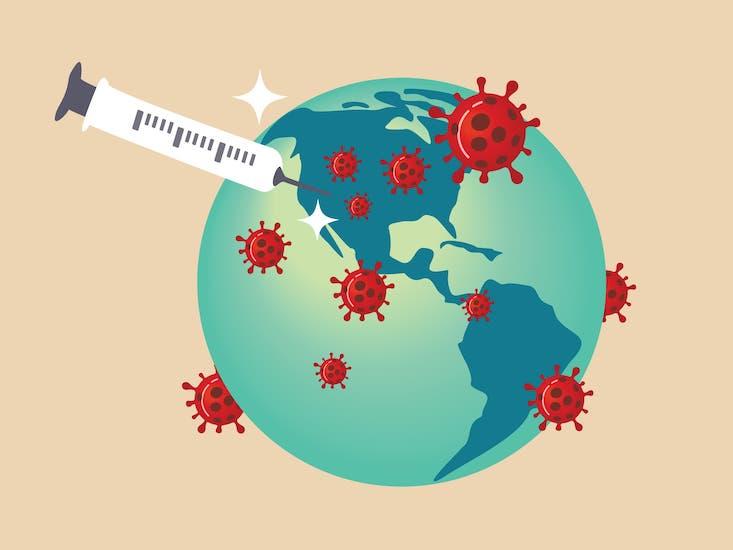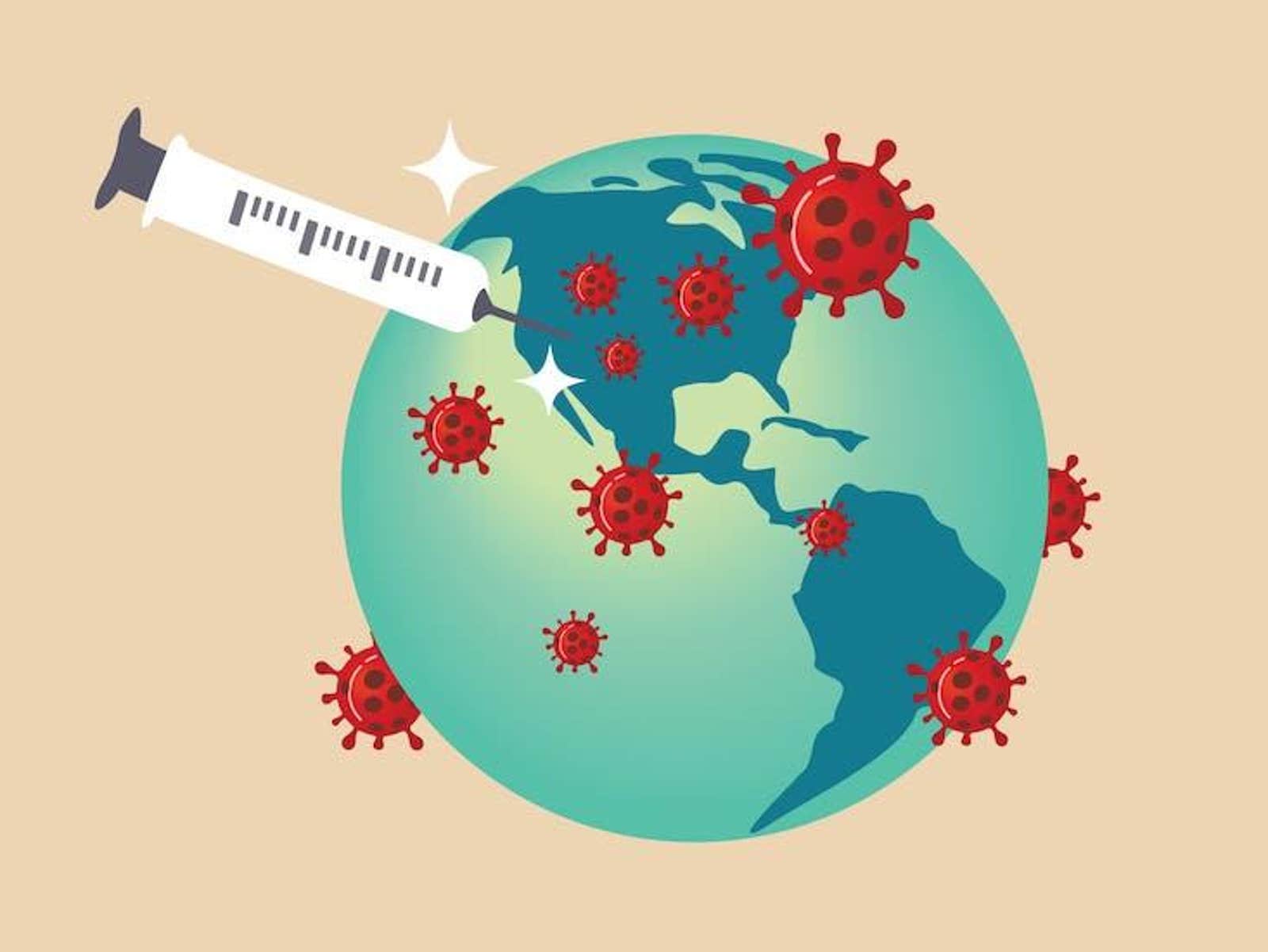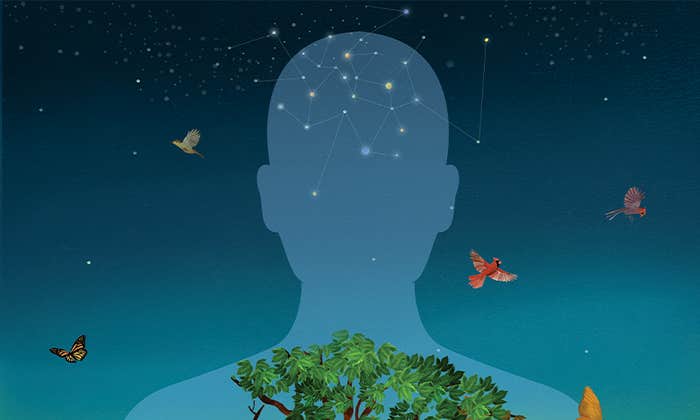
In the late 1650’s, the French polymath and renowned scientist Blaise Pascal, having undergone a religious experience that transformed him into something of a zealot, suggested the following logical strategy regarding belief in God: If there is a God, then believing in him will ensure you an eternity of bliss, while not believing in him could earn you an eternal sentence to misery.
On the other hand, if there is no God, believing in him anyway will cost you very little, and not believing in him will mean nothing in the non-existent after life. Therefore, the only sensible bet is to believe in God. This has come to be known as Pascal’s wager.
It has a surprising number of applications beyond concerns for a comfortable afterlife. There are many things for which the value of believing something or not can be seen as a cost-versus-likely-benefit wager, often without regard to the actual truth of the matter. Since science does not profess to have a final truth, and in many areas freely admits its incomplete knowledge, Pascal’s wager can provide a useful method of deciding between two alternatives.
All drugs and treatments have side effects, but vaccines in general have the fewest.
For example, it seems that a significant percentage of the population is suspicious of science, or so we are told. We often hear that some large number, approaching or exceeding half of Americans, do not believe in evolution. This seems remarkable on the face of it because there is no viable scientific opposition to evolution and it is widely accepted by biologists and other life scientists as being fundamental to understanding biology—from genetics to medicine.
What we are not often told is that most of those who answer negatively about believing in evolution nonetheless understand evolution—or at least the basics of it. They are not stupid, ignorant, or uninformed. They have simply made a Pascalian wager. What benefit, we might ask, is derived from believing in evolution rather than a divine creation? Unless you are a professional biologist, it is hard to see how this would affect your everyday life. On the other hand, professing a belief in Darwinian evolution over the biblical narrative will likely ostracize you from family, friends, co-workers, your church community—in short most of your social infrastructure. Place your bets.
Can we apply any of this to decisions over the current controversy surrounding vaccination—and in particular the newly arrived COVID-19 vaccine?
There are certainly reasons to be concerned about being vaccinated, and it would be a gross over-simplification to consider anyone who expresses reticence about taking a vaccine, this new vaccine in particular, as being just plain dumb or scientifically illiterate or gullible. They need be none of these things and still may be suspicious of the vaccine.
One issue is safety. The vaccine, any vaccine, is designed to mobilize your immune system, essentially to fool it into believing that there is an invading virus present and to mount an immune response. That way it will be ready when the real invasion comes, if it comes. This seems pretty sensible and preferable to going to war with an opponent you know nothing about. But still, it is fooling around with Mother Nature and some people are uneasy about that. Although it must be pointed out that the virus is not at all shy about fooling around with your immune system and many other parts of you, so letting it have its way is not good policy, either.
What about a vaccine made of genes? This vaccine is being produced by what is being touted as a new method using RNA—genes. While it is true that for entirely economic reasons, this is the first vaccine to be produced in this way, the method is not really new and the science that makes it possible has been developing over the last 40 years. So it’s not so radical as the press makes it seem.
But it is true that this method uses RNA, genetic material, to make the vaccine. We hear a lot about gene modification and the potential dangers associated with it. Why then am I going to allow RNA, genes, to be injected into me? The first thing to realize is that this is exactly what the virus does—so whether you get a vaccine or an infection, you are getting genes injected into you. The virus RNA encodes around 12 functional genes (by comparison humans and other mammals have around 25,000 genes). The virus only contains the genes to make a new virus—it does not have any of the capabilities of a normal cell to actually turn those genes into the proteins that make up the complete virus. It hijacks your cells to do this—and that’s how it sickens you, by forcing your cells to make new viruses instead of what they should be doing.
Vaccines have fewer side effects than virtually any other drug you wouldn’t even think twice about taking.
Now the new vaccines have taken just one of those genes—the one that directs the production of the now infamous spike protein that appears on the surface of a normal virus—and injects just that one gene into your muscle cells, which then make that one single protein. Your immune system comes along and sees that weird protein and makes antibodies to it. These same antibodies will now recognize the spike protein on the surface of any viral particles that invade your body. We have effectively turned the virus into its own enemy.
The viral RNA that you are getting will decompose over a few days because RNA is not a stable molecule (that, by the way, is why the vaccine needs to be kept frozen) and it will no longer exist in your body. It could only become a permanent part of your genome if it were a DNA molecule instead of an RNA molecule—and even the chances of that happening would be chemically remote. So regardless of how it sounds, this may actually be the safest sort of vaccine to use. In the future it is likely that all vaccines will be made this way.
Then, of course, there is the issue of who is running this whole vaccine program—the government and the pharmaceutical industry. These are the guys who brought you opioid addiction, death by Vioxx, soaring drug prices, the worst health-care system in the developed world, regulations where you don’t need them and none where you do—am I really going to trust this cast of so-called “inept villains,” as some believe, to dictate my personal health choices? Do we know for sure that the claims of efficacy are real or just made up to sell some worthless procedure? It would not be the first time. (I would not, on the other hand, worry about Bill Gates having a chip inserted into you along with the vaccine—if you use any social media, navigational tools, or purchase anything online, then Bill Gates already knows more about you than he will get from any injectable chip. So that train has left the station.)
All this and a few lesser issues are worth a pause, for sure. But we must also look on the positive side of the ledger. Why trust science? Modern medicine and the science behind it has eliminated or dramatically lessened such scourges as smallpox, polio, cholera, chicken pox, measles, rabies, and dozens of other killer pathogens that had previously wiped out enormous numbers of people, in some cases significant parts of entire generations. Don’t we depend on science for much of the comfort and safety of our everyday lives? Isn’t science the way we heat our homes, drive to work, fly around the world, have dependable food? Yes, there is the bomb—but there is also anesthesia.
When it comes to viruses, the only tool we have to fight them is vaccination. The only tool. Antibiotics are for bacteria, a completely different sort of creature. Sanitation beyond personal hand-washing is ineffective. Vaccines trick the immune system into recognizing the virus earlier than it would otherwise and protect normal cells from invasion by the virus. Tricking the immune system is understandably problematic for people who believe that their body knows best if it’s just kept healthy. This virus, as we have seen from the array of infected people that includes apparently healthy folks, unfortunately does not subscribe to that belief.
By a similar sort of reasoning, some people make the plausible error of calculating that the vaccine is 95 percent effective but the survival rate is 99 percent, so why not just let my natural resistance take care of this? Indeed, that might not be unreasonable thinking if we were talking about the common cold, but this virus has shown itself to be a tricky character, and we are not yet able to predict who gets a serious case and who a mild one. With those sorts of stakes, you shouldn’t wager on either of those numbers because they have nothing to do with you as an individual. Like flipping a coin, there is only a 1 percent chance of it coming up heads 6 times in a row. But if it has come up heads 5 times in a row, the probability of it coming up heads on the next flip is…still 50/50.
An even larger unknown is whether there may be long-term effects associated with SARS-Cov-2, as is the case for many viruses. The 1918 influenza virus has been linked to a subsequent two-three fold increase in Parkinson’s disease by a mechanism we still don’t understand. The virus that gives children chicken pox will hide out in a person’s body for 40 years or more, and then emerge as a painful, sometimes debilitating, case of shingles. The 99 percent survivability rate of this virus is meaningless if, 20 years from now, it causes some devastating pulmonary or brain disease.
The main upside to vaccines is that because they use your already existing defense system, they are surprisingly safe. Safer than antibiotics, which have numerous side effects, because they are not part of our normal make up and are cell killers—mostly bacterial cells, but they are not so perfectly targeted that they don’t leave some collateral damage in their wake. All drugs and treatments have side effects, but vaccines in general have the fewest. This vaccine in particular has undergone many more than the usual safety measures—multiple independent review boards, massive press and public attention, governmental and non-governmental oversight, the most diverse trial cohorts ever assembled. Nothing here was rushed, no shortcuts were taken.
So here’s the vaccine wager. Vaccines are the safest medical procedure we have. They are also among the most effective, but that’s curiously not important for the bet. My claim about their safety is because vaccines are in a special class of medical tools. They are the only medical procedure or drug that is given to healthy people. Every other treatment we use medically is aimed at some existing pathology—from a cold to cancer.
Vaccines therefore have to reach a higher standard of safety than any other medical treatment. You can’t take healthy people and make them sick. Vaccines have fewer side effects than virtually any other drug you wouldn’t even think twice about taking—aspirin, for instance, which can cause internal bleeding, gastric ulcers, stroke. But since you are sick when you take those drugs you are willing to make the bet that the benefits will outweigh the possible side effects.
With vaccines the wager is much simpler—it is indeed more like Pascal’s original wager. It may or may not be highly effective (some vaccines are only 60 percent effective) but they are so safe that taking them poses little risk, whereas not taking them subjects you (and others) to considerable risk, i.e., getting the virus. Like believing or not in an afterlife, the smart money is with Pascal, who I think would have reasoned himself right to the head of the vaccination line.
Stuart Firestein is Professor and former Chair of the Department of Biological Sciences at Columbia University in New York. He is the author of Ignorance and How it Drives Science (2012) and Failure: Why Science Is So Successful (2014), both from Oxford University Press.
Reprinted with permission from LeapsMag.


























